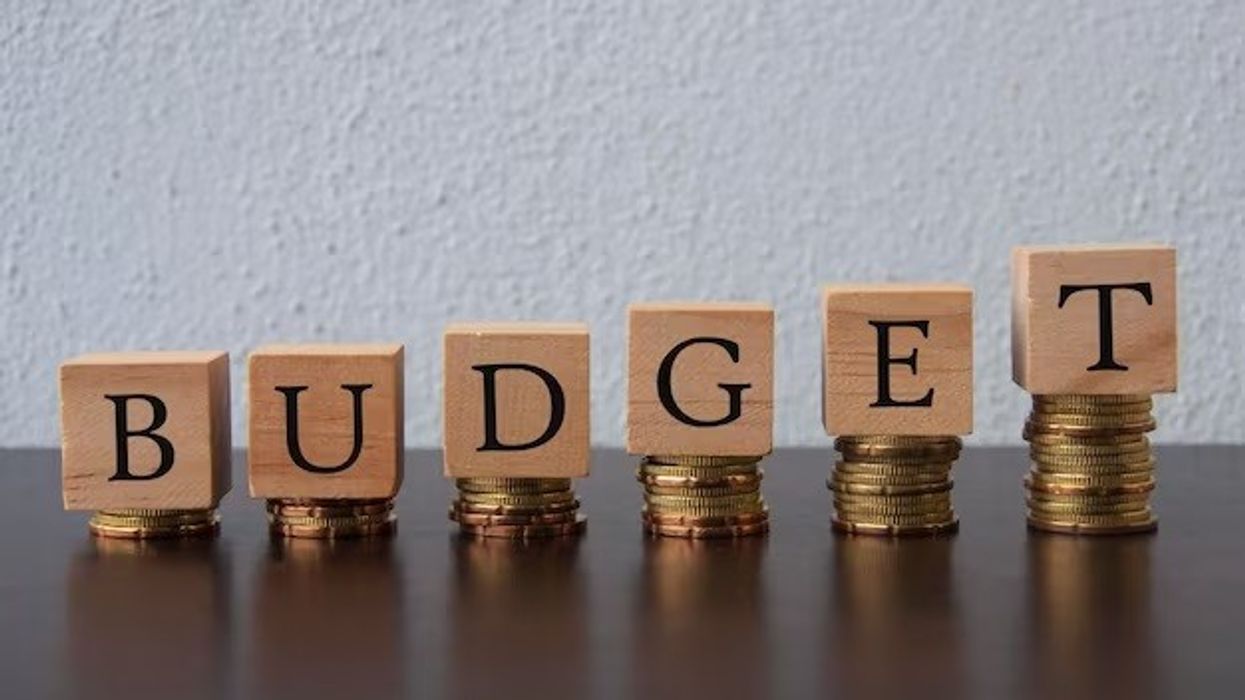Wes Streeting also pledges to reinstate family doctors to fix ‘the front door to the NHS’
Health and Social Care Secretary Wes Streeting has pledged to boost the share of NHS resources allocated to primary care so patients can easily access NHS services and receive the necessary care.
Less than 10 per cent of England's £165 billion NHS budget is spent on primary care, and this proportion has been decreasing, even though demand at GP surgeries is at an all-time high.
During his visit to Abbey Medical Centre in St John's Wood, London, on Monday, Streeting announced his first major policy, stating that he would reverse this trend.
“Patients are finding it harder than ever to see a GP. Patients can’t get through the front door of the NHS, so they aren’t getting the timely care they need.
“That’s no surprise, when GPs and primary care have been receiving a smaller proportion of NHS resources. I’m committed to reversing that.
Streeting reaffirmed the government's focus on transforming the NHS into a neighborhood health service, with more care available closer to people's homes.
“My first visit as Health Secretary was to a GP practice because when we said we want to shift the focus of the NHS out of hospitals and into the community, we meant it. I’m determined to make the NHS more of a neighbourhood health service, with more care available closer to people’s homes.
“Because if patients can’t get a GP appointment, then they end up in A&E, which is worse for them, and more expensive for the taxpayer.”
He also promised to revive the family doctor, allowing patients to see the same doctor at each appointment, to fix the front door to the NHS.
“We are committed to bringing back the family doctor, so patients can see the same doctor each appointment, fixing the front door to the NHS,” he added.
The health secretary was accompanied by NHS Chief Executive Amanda Pritchard on his visit to the GP surgery, where they met and listened to the staff.
Pritchard highlighted the challenges faced by GP teams, including waiting lists and the need to address new health and care needs.
“It was excellent to join the Secretary of State visiting Abbey Medical Centre this afternoon – it was powerful to hear directly from patients about the importance of GP and primary care services.
“Staff here also told us about the struggles they face with waiting lists but also how they are responding to emerging new health and care needs in their local community.
“GP teams are the bedrock of the NHS but right across the country, they are under huge pressure and working incredibly hard to deliver more appointments.
“We know there is much more work to do to support them and to transform primary care services. We look forward to working with the government and colleagues in primary care to do that.”
Streeting has previously spoken about his plans to increase investment in primary care, including trialling Neighbourhood Health Centres, which will bring together existing community services under one roof.
The health secretary will initiate discussions with junior doctors on Tuesday to address the long-standing pay dispute that has crippled the health service since 2022.
Junior doctors in England claim their pay has been reduced by over 25 per cent in the past 15 years and are demanding a 35 per cent increase.
The recent strike, from Thursday, June 27 to Tuesday, July 2, resulted in nearly 62,000 postponed appointments.
Streeting has previously stated he would not agree to the 35 per cent increase, arguing that if he conceded to this demand, "any trade union worth their salt" would return the following year with the same request.
However, he has expressed a willingness to discuss pay and negotiate improvements in working conditions for medics in training.













